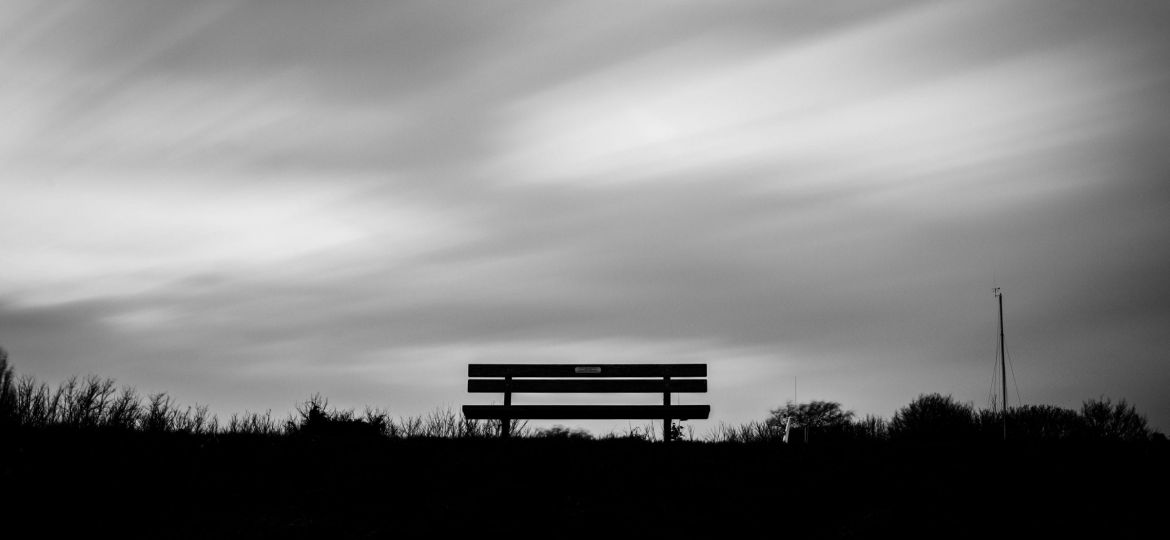
By Christa Kuck ’17
In a recent class, my professor wrote a list of words on the board: Grief, Loneliness, Hospitality, Resurrection, Doubt. She asked us to define one of the words by writing about a personal experience. We then read our piece to the class. More than half the class wrote about Loneliness.
Some studies have found that college students are the loneliest group of people. More than any other age group, those ages 18–24 report that they experience loneliness. How can this be when people surround us all the time? It’s hard to get away from people on the Hill. How can we be lonely?
It’s precisely because we’re surrounded by people all the time that we feel lonely. We see happy people all the time. We see friends laughing with friends all the time. We see couples holding hands all the time. We see community everywhere we turn. But if we find ourselves not surrounded by friends and loved ones every minute of every day, we feel like we’re doing something wrong. Maybe not regularly, maybe not even often, but I think it happens to us all.
There are lots of reasons for feeling lonely here: lots of reasons for not always feeling like part of the community. Some are more temporary. We’re having a crappy day and wish others would notice. We’re stuck in the library studying for an exam while our friends are out having fun.
Others are more serious, and I think more deeply rooted in our St. Olaf culture: we hide our vulnerabilities, our weaknesses, our fears. As Oles, we’re all too good at broadcasting our strengths. Too seldom do we share our weaknesses.
We all have struggles. We all have pain. We all have fears. We all have doubts and insecurities. When we keep this to ourselves, it allows us to think that we are alone, that our struggle is unique. We feel lonely.
However, opening up about imperfections in our life allows for growth. It provides opportunity for greater depth in our relationships.
“When I first got to St. Olaf, I thought, ‘I can’t share anything about my life, everyone else’s life is perfect!’” a friend I’ve known since the second week of freshman year recently said.
It took the two of us a while to be open enough with each other to realize that we both have problems with our families, our bodies, our emotions. It’s hard to share our vulnerabilities with friends. It’s harder to share them with acquaintances or strangers. But there’s power in it. I think we spend so much time worrying about how people will think differently of us if they knew our deepest struggles that we forget most people in this community are compassionate and loving. It also opens up a two-way street: people are more likely to reciprocate the sharing once they know they’re not the only one with problems.
In my class where we all read a personal experience, there were tears. It wasn’t easy, but I left that class with a newfound respect for my peers. My peers are amazing and strong, brilliant and kind. I felt honored and grateful to hear a sliver of their lives, some of their struggles.
I think Oles are amazing, and, most of the time, I love living in community with them. Let’s be enough of a community that we can share our weaknesses along with our strengths. Let’s talk about our vulnerabilities—realize that we all have them—and know that we don’t have to bear them alone.
kuckc@stolaf.edu

